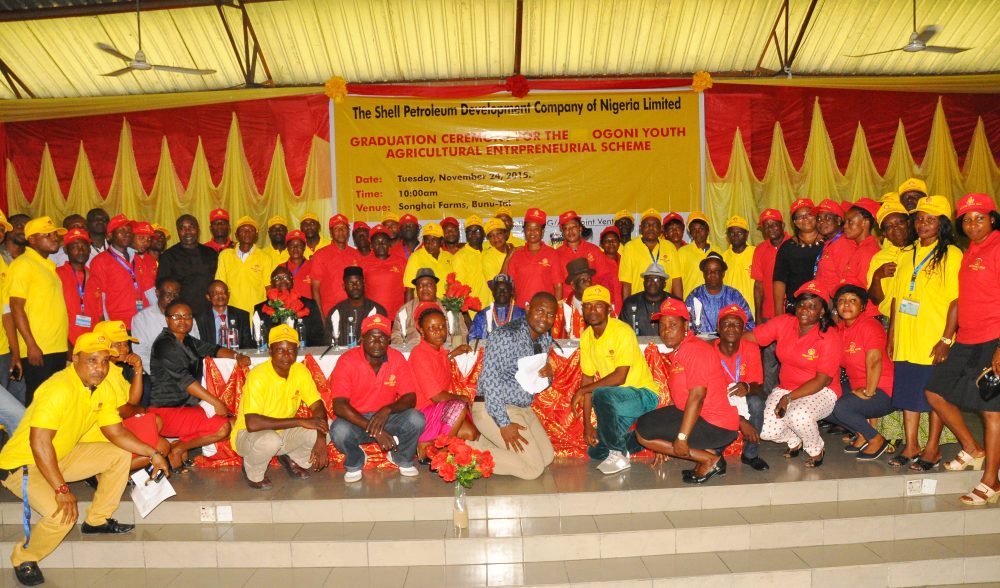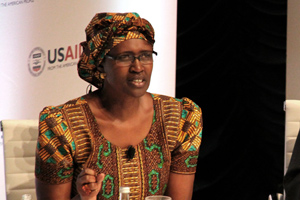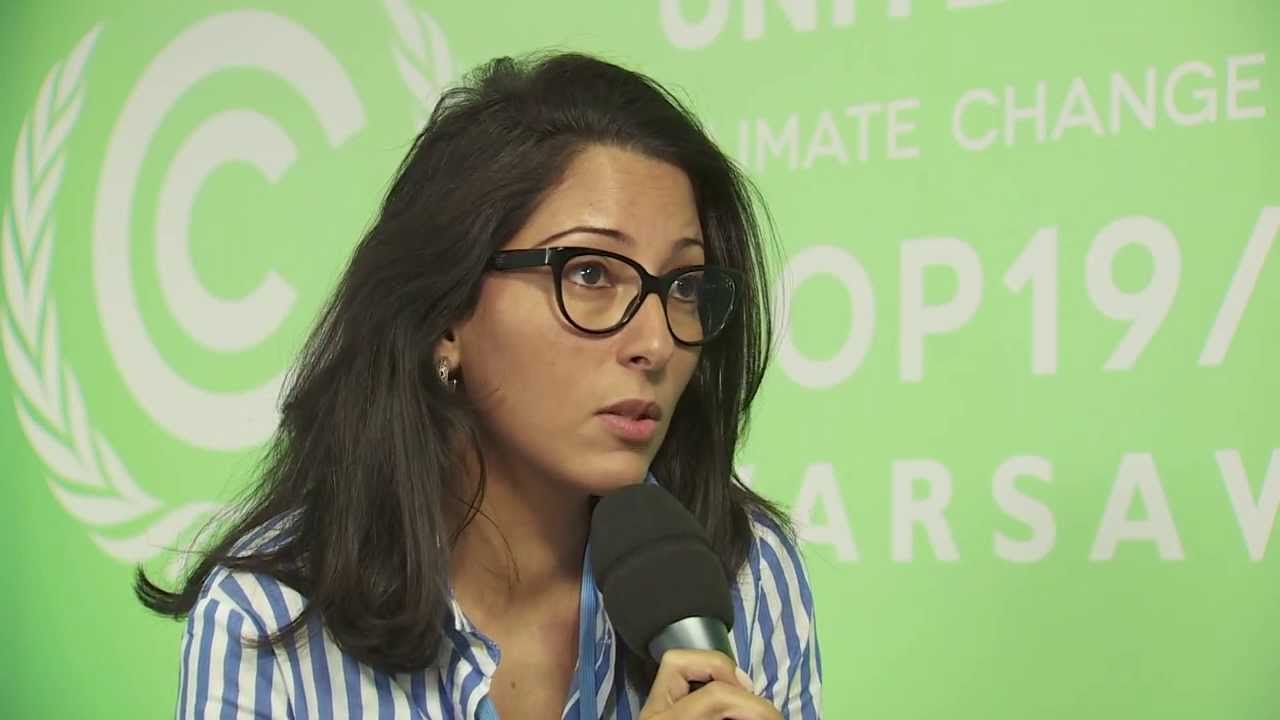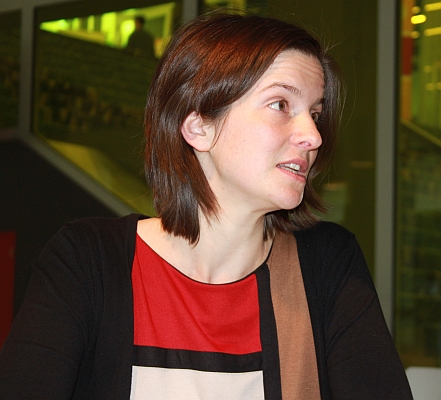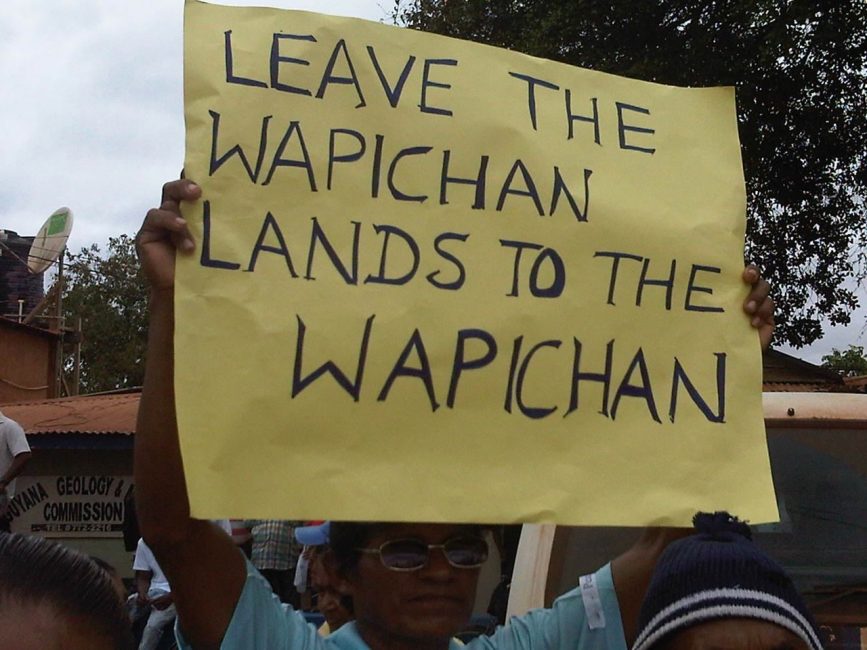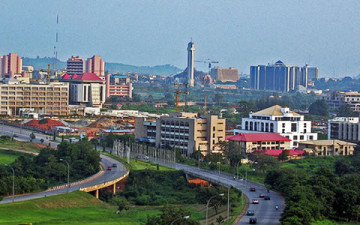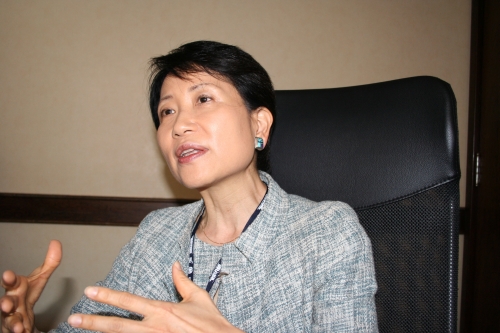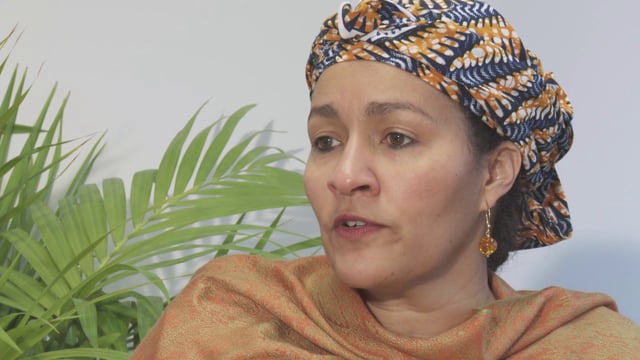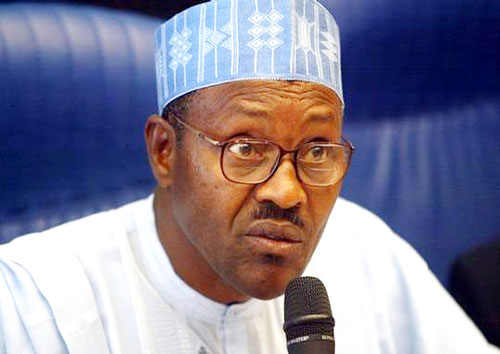Ogun State governor, Senator Ibikunle Amosun, has promised the residents of the state of affordable housing and a spate of infrastructure development schemes under a wider urban renewal programme in 2016.
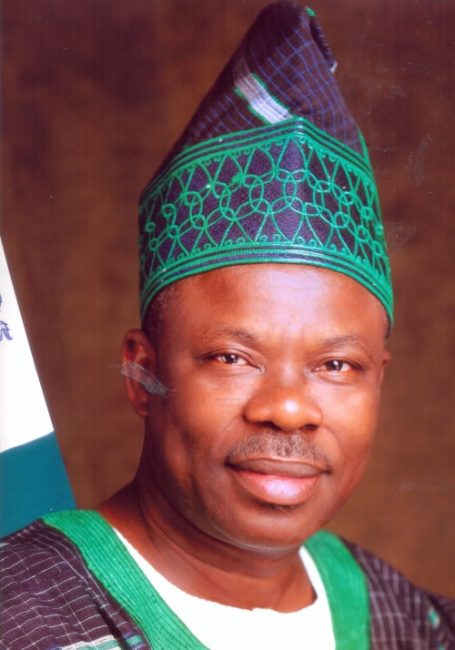
Governor Amosun stated this in Abeokuta while presenting the 2016 Appropriation Bill to the House of Assembly at the Hallow Chamber, Oke-Mosan, Abeokuta, the state capital.
He said that provision had been made for the completion and commissioning of Orange valley Estate, adding that the second serviced estate, Plainfield Estate now renamed Hannah Idowu Dideolu (HID) Awolowo Estate, would also be given priority attention in the next fiscal year.
Amosun stated further that A.A.K. Degun Estate, Laderin is nearing full completion, explaining that provision had been made for its early completion in the 2016 budget.
He said the New Dawn Estate in Agbara which will provide 55 terrace bungalows and 50 detached bungalows was almost ready for commissioning, adding that government had paid full compensation to the owners of farm lands and properties acquired for the construction of Ultra-Modern Housing Estate at Kobape in Obafemi-Owode Local Government Area of the state.
He stated that, as part of the ongoing urban renewal initiative, government has flagged off the construction of the 600-unit MTR Garden Estate in Isheri noting that, the estate on completion, would enable the development of one-kilometre carriageway that would ease road access at OPIC Estate, Isheri.
On the proposed Light Railway Project, the governor said the project is closer to becoming a reality.
“We have signed a Memorandum of Understanding (MOU) with the construction giants, Messrs CCRCC/CCECC, that will handle the project. We expect the ground breaking to take place in 2016. This will be a significant step in our urban renewal drive and also boost commercial activities in the state,” Governor Amosun said.
Meanwhile, the Special Adviser to the Governor on Housing Development, Arch. Jumoke Akinwunmi, has said that evolvement and exposure to new trends through constant update on skill and knowledge on housing has been considered as major way to meet the demand on housing.
Arch. Akinwunmi made this known at a two-day in house re-orientation/refresher training organised for senior staff of the State Housing Corporation held in Abeokuta.
Arch Akinwunmi posited that expertise would develop dynamic approach to realise government policies and programmes as they embark on capacity building in their different areas of specialisation.
She admonished the participants to eschew transparency in their dealings with the people, saying that they should endeavour to show case image of the organisation well.
Akinwunmi also encouraged them to apply the knowledge gained in the day-to-day activities in their respective areas.
‘’Out of the 200 staff of the corporation, senior staff dominated more than 70 percent which means junior are looking up to you, you must project the corporation name well and lay good example when relating with third party in the course of your duties,’’ Akinwunmi said.

